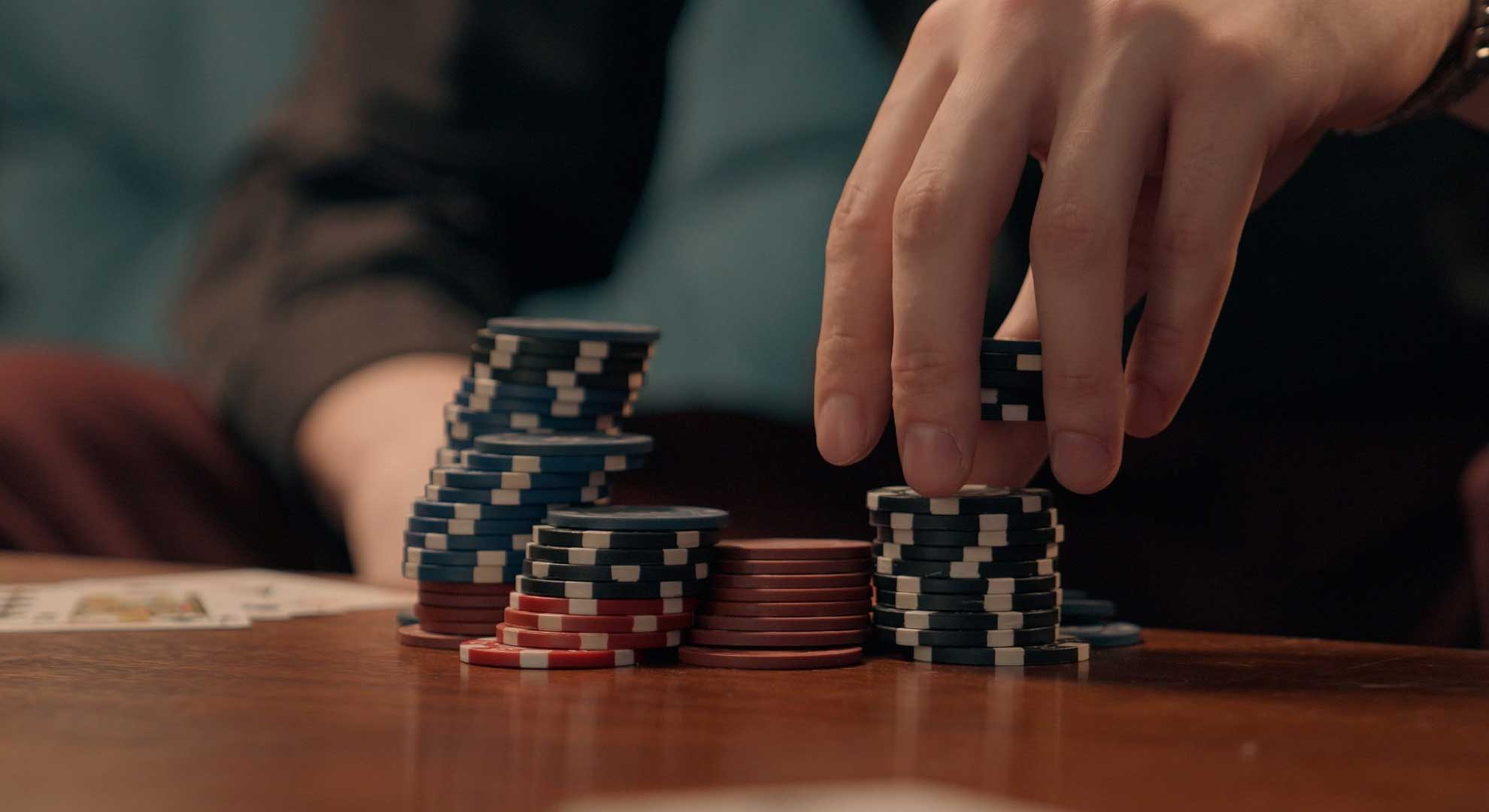Why Casino Jackpots Feel Impossible Yet Tempting

Why Casino Jackpots Feel Impossible Yet Tempting
The allure of a casino jackpot is undeniable. That shimmering promise of life-altering wealth, flashing lights, and the electrifying roar of the crowd is a powerful cocktail. We dream of it: the winning spin, the overflowing chip tray, the headline declaring our incredible stroke of luck. But for many, hitting that jackpot feels like chasing a phantom, an impossible feat. So, why does this seeming paradox exist? Why do casino jackpots feel so unattainable yet remain incredibly tempting?
One of the primary reasons for the feeling of impossibility lies in the **mathematical realities** of casino games. Casinos, after all, are businesses. Their entire operational model relies on the "house edge" – the inherent advantage the casino holds over the player. This edge ensures that, over time, the casino is statistically guaranteed to make a profit. In games like slots, the house edge is often quite significant, meaning the odds are stacked against the player from the outset.
Consider slot machines, a classic example of jackpot-driven games. The random number generator (RNG) that governs the spins is designed to produce a virtually endless sequence of numbers. The odds of hitting the jackpot are often astronomical, sometimes millions to one. While the potential payout is enormous, the probability of actually winning is incredibly low. This inherent imbalance contributes to the feeling that winning is virtually impossible.
The temptation, on the other hand, stems from a complex interplay of psychological factors. **Firstly, the possibility of a life-changing sum is inherently seductive.** The human brain is wired to seek rewards and avoid losses. The promise of a jackpot triggers the reward centers in our brain, releasing dopamine and creating a sense of excitement and anticipation. The thought of finally having the financial freedom to quit your job, travel the world, or simply ease financial burdens is a powerful motivator.
**Secondly, the design of casino games is deliberately engineered to enhance the feeling of near misses and encourage continued play.** Slot machines, for instance, often feature sounds and visual cues that create the illusion of closeness to a win, even when the actual odds of winning are very small. These near misses can be more stimulating than actual losses, fueling the desire to try "just one more spin."
The **"availability heuristic"** also plays a significant role. This psychological bias makes us overestimate the likelihood of events that are easily recalled or vividly imagined. We hear stories of jackpot winners, read articles about them, and see their faces in promotional materials. These stories are highly visible and memorable, leading us to believe that winning is more common than it actually is. In reality, these winners represent a tiny fraction of the millions of players who never hit the jackpot.
Furthermore, the **social environment** of casinos can contribute to the allure. The vibrant atmosphere, the camaraderie (or perceived camaraderie) among players, and the shared excitement of chasing a dream create a sense of community and escapism. This can make the experience of playing games, even when the odds are unfavorable, feel enjoyable and rewarding.
Finally, the advent of online casinos has further fueled the jackpot craze. The accessibility and convenience of playing from anywhere at any time, combined with the wide variety of games and bonus offers, have expanded the reach and appeal of jackpots. The allure of huge payouts is just a click away, making the temptation even stronger. Players are increasingly drawn to platforms like m m88 slot, which offers a wide range of games, including those with substantial jackpot prizes.
In conclusion, the seemingly paradoxical nature of casino jackpots – their unattainability coupled with their irresistible appeal – can be explained by a combination of mathematical odds, psychological biases, game design, and social influences. While the chances of hitting that life-changing jackpot are statistically slim, the allure of the reward, the thrill of the chase, and the carefully crafted environment of casinos make them endlessly tempting. Understanding these factors is crucial for players to approach gambling responsibly and manage their expectations while enjoying the experience.